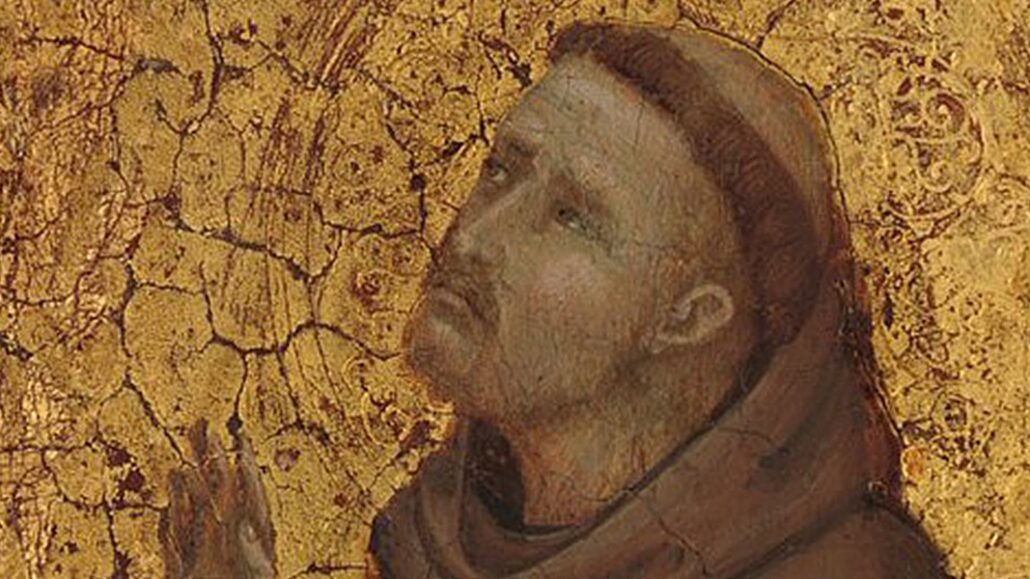On the brink of election season, it already feels like the tension in our country has reached a peak unparalleled in my lifetime. This pandemic has had a way of exposing what is already true regarding some of the brokenness within our systems and certainly within our social fabric. In the isolation of quarantine, stillness and solitude have perhaps created space for healing.
It seems that today’s polarization has pushed many of us into self-constructed echo-chambers. We consume the same biased news. We follow people on social media who confirm our own opinions. We belong to communities that elevate conformity over curiosity. This is all comfortable for our egos. But it is truly bizarre most are convinced they have the right answers at a time when we each have access to more information the world has ever seen. That should make us humble, not certain. As Thomas Merton wrote in New Seeds of Contemplation, “What we desire is not the ‘truth’ so much as ‘to be in the right.’ What we seek is not the pure truth, but the partial truth that justifies our prejudices, our limitations, our selfishness.”
Our division is fueled all the more by the explosion of social media this past decade, an arena that has become increasingly mob-like with its shaming, overgeneralizing, and labeling; a new era of yellow journalism that profits off of polarization, trading truth for terror, objectivity for agenda; and a president who, no matter how you feel about his policies, stokes the already-consuming fire with his divisive rhetoric and bullying antics. As my friar friend recently told me, part of Lectio Divina is “reading the signs of the times.”
The effects on our discourse have been taxing. Instead of being animated by grace, empathy, and unbiased curiosity toward those who are most different from ourselves, we are instead motivated by rightness and self-righteousness. This ever-stirring madness has taken an unprecedented toll on our mental health and has negatively impacted many of our relationships. It seems we’ve begun defining people by their identity and their ideas, rather than the vibrancy of their hearts and minds—the diverse fullness of one’s soul, their character.
So how do we move forward in the midst of intense divisiveness? How do we pierce through the madness of the noise?
St. Francis of Assisi, at a polarizing time when two of the world’s major religions were engaged in a brutal war, demonstrated a contemplative movement that can inspire us today. During the Fifth Crusade, Francis was unable to convince his fellow Christians to refrain from attacking their Muslim foe. Imagine the grief of seeing your own people, led by your own pope, animated by your own religion, wreak such violent havoc on others who are made in the likeness and image of God. Somehow Francis did not denounce his Catholicism; he believed in the potential of Christianity, a similar movement to that of many African Americans who continue to fight for America’s ideals despite her historical failure to implement those ideals for that community. Francis kept venturing down the contemplative path.
Francis’ next move was somehow even more radical. He and one of his brothers sought to meet with the Sultan, the leader of the Eastern world—a truly evolved non-dual movement at a time when Muslims were demonized, not unlike what we do to one another today. Somehow Francis and his companion got behind “enemy lines,” and, after being captured, were eventually granted their desired meeting. It is said that, in an era of heightened dualism, after Francis and the Sultan initially tried to convert one another, they realized the other loved God. The lore goes that Francis and his brother remained there with the Sultan and his Sufi teacher from a week to a month, discussing prayer, mysticism, and love for God, eventually sent on their way with provisions for their journey.
This story has often been used as a model for interfaith dialogue but can be just as useful to us today, especially in our postmodern world where political and justice ideologies take on religious-like qualities (thus the need for interfaith dialogue). In his Asian Journal, Thomas Merton challenged his readers to even venture beyond dialogue. “The deepest level of communication is not communication, but communion,” he wrote. “It is beyond speech. It is beyond concept. Not that we discover a new unity, but we discover an old unity. My dear brothers and sisters, we are already one. But we imagine we are not. And what we have to recover is our original unity. What we have to be, is what we are.”
We live in a time where we’ve forgotten who we are. Shame and scapegoating are the easiest ways to accelerate a movement, feeding our human desires for retribution, yet these energies directly contradict the truth of our own Belovedness—the unshakable reality that we are fully loved and unconditionally accepted and that our existence is indeed beautiful and good. One thing the cross taught us is that scapegoating doesn’t work.
The Christian mystic’s starting point is divine union. This inherent connectedness to God, to the earth, and to one another makes way for curiosity and empathy to flourish, both for ourselves and for one another. This is not Pollyanna spirituality. Contemplation paradoxically invites us deeper into exploring the tension within ourselves, where introspection and true spiritual transformation occur; as well as deeper into the complexity and diversity of thought within our communities and within our country, where we learn from those who are most different than us. Unbiased curiosity is not only necessary to understand one another but also the world around us—the very scene where we, as the church, hope to bring as many people into the fold of progress as possible.
A contemplative posture creates the space to talk about the nuances within race, politics, and social justice, as well as the ego and soul, as well as theology, philosophy, and scripture. These are some of the messiest conversations people can have, but contemplation allows us to have them because we live out of this reality of divine union and inherent connectedness. The tension might be palpable, but beneath it all, nothing can stop us from affirming one another, listening to one another, and empathizing with one another, no matter a person’s identity or politics.
Our inherent Belovedness is the one thing that cannot be taken away. It is the thread that connects us. Even if that thread is pulled tight, increasing in tension, this spiritual thread cannot snap. As Francis and the Sultan demonstrated, as any physicist will tell you, in becoming tighter, the thread actually strengthens. We each have the opportunity to participate in this strengthening, where tension leads to transformation, where we partake in communion.








